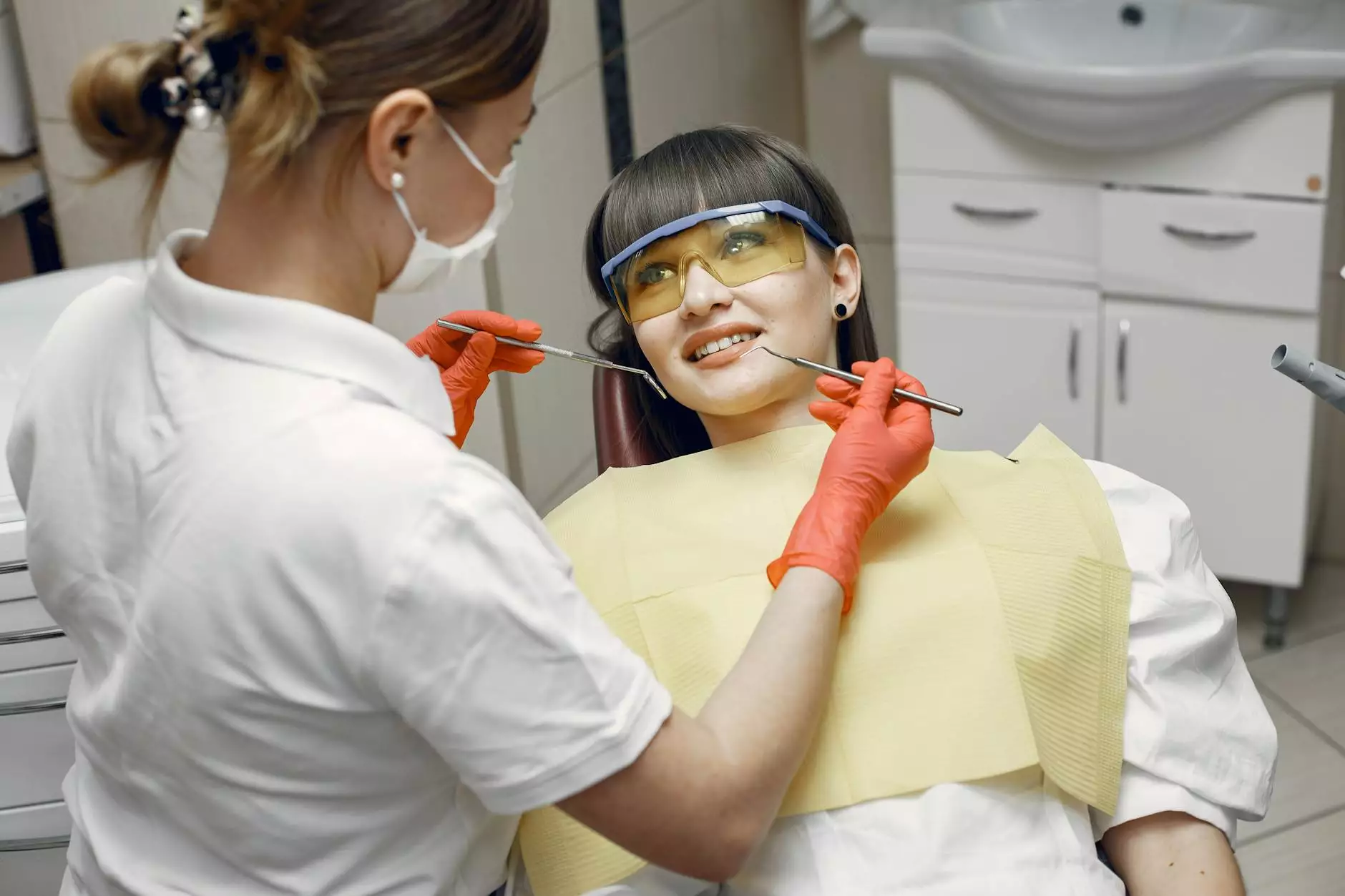Understanding Sleep Apnea Birmingham AL
Snoring
What is Sleep Apnea?
Sleep apnea is a common sleep disorder that affects many individuals in Birmingham, AL and around the world. It is characterized by repeated interruptions in breathing during sleep, which can lead to a variety of health issues if left untreated.
Types of Sleep Apnea
Obstructive Sleep Apnea (OSA)
Obstructive Sleep Apnea, or OSA, is the most common type of sleep apnea. It occurs when the muscles in the throat relax, causing the airway to become partially or completely blocked. This results in a significant decrease in oxygen levels and can lead to loud snoring, choking, and gasping for breath during sleep.
Central Sleep Apnea (CSA)
Central Sleep Apnea, or CSA, is less common and occurs when the brain fails to send proper signals to the muscles responsible for breathing. This type of sleep apnea is often associated with underlying medical conditions such as heart failure and certain neurological disorders.
Complex Sleep Apnea Syndrome (CompSA)
Complex Sleep Apnea Syndrome, or CompSA, is a combination of both obstructive and central sleep apnea. It typically starts with the development of obstructive sleep apnea and later transitions into central sleep apnea.
Symptoms of Sleep Apnea
Sleep apnea can manifest in various symptoms, which may include:
- Loud and chronic snoring
- Episodes of choking or gasping for breath during sleep
- Frequent waking up during the night
- Daytime sleepiness and fatigue
- Difficulty concentrating
- Morning headaches
- Irritability and mood changes
Health Risks Associated with Sleep Apnea
Sleep apnea is a serious medical condition that can have detrimental effects on your overall health if not addressed. It has been associated with various health risks, including:
- High blood pressure
- Increased risk of heart attacks, strokes, and heart disease
- Irregular heartbeat or arrhythmias
- Diabetes
- Depression and anxiety
- Obesity and weight gain
Treatment Options for Sleep Apnea
Effective treatment for sleep apnea depends on the severity and type of the condition. Some common treatment options include:
Continuous Positive Airway Pressure (CPAP) Therapy
CPAP therapy involves wearing a mask over your nose or mouth while sleeping. The mask is connected to a machine that delivers a continuous stream of air pressure, keeping the airway open and preventing interruptions in breathing.
Oral Appliance Therapy
An oral appliance is a custom-made device that helps to keep the airway open by repositioning the jaw and tongue during sleep. It is an effective treatment option for mild to moderate sleep apnea cases.
Lifestyle Changes
Implementing certain lifestyle changes can also help manage sleep apnea. This can include losing weight, avoiding alcohol and sedatives before bedtime, sleeping on your side, and maintaining a consistent sleep schedule.
Surgical Interventions
In some cases, surgical interventions may be necessary to treat sleep apnea. This can involve removing excess tissue or repositioning the jaw to open the airway.
Consult with Marvin Blumentritt, DMD at Troy Dental
If you suspect that you or a loved one may be suffering from sleep apnea, it is crucial to seek professional help. Marvin Blumentritt, DMD at Troy Dental specializes in sleep apnea and offers comprehensive dental services to address this condition.
Our experienced team can evaluate your symptoms, determine the type and severity of your sleep apnea, and recommend an appropriate treatment plan. We are committed to providing personalized care and helping you achieve a good night's sleep and improved overall health.
Contact our Birmingham, AL office today to schedule a consultation and take the first step towards understanding and treating sleep apnea.










